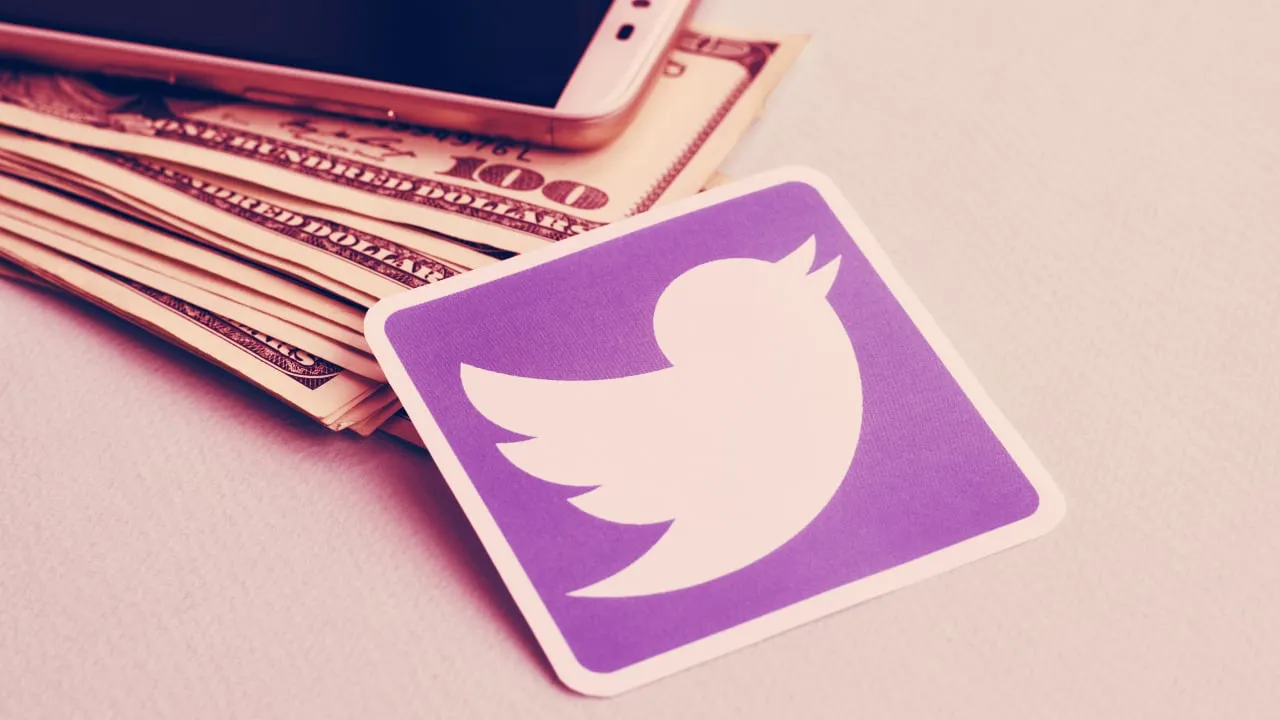In brief
- Singapore-based blockchain platform Zilliqa launched a SocialPay campaign.
- It paid Twitter users $ZIL to tweet about Zilliqa during a 72-hour period last week.
- Metrics site LunarCRUSH reported significantly increased activity for Zilliqa as a result.
We do the research, you get the alpha!
Last week, enterprise-centric blockchain app platform Zilliqa launched its SocialPay campaign, putting up 500,000 $ZIL (about $3,500 at the time) in rewards for users who tweeted about the service.
By all indications, it worked. On Thursday, after the 72-hour pilot campaign concluded, social media metrics site LunarCRUSH showed $ZIL atop its Top 5 AltRank chart, which is based on “outstanding social activity plus exceptional price performance vs. Bitcoin plus rising trading volume.”
The ranking showed a rise of more than 25% in price against Bitcoin, pacing $ZIL ahead of the likes of Matic Network, Nano, DigiByte, and Eletroneum.
Similarly, a post from data analytics startup Flipside Crypto at TheStreet dubbed Zilliqa the “cryptocurrency of the week” and highlighted growth in terms of its Fundamental Crypto Asset Score (FCAS), user activity, developer behavior, and market maturity.
“With everyone locked up at home, this easy way to make pocket money proved immensely popular,” wrote Flipside Crypto. “Not only that, but the tactic is actually very powerful for spreading awareness of Zilliqa, and for making a programming language for developers called Scilla more widespread.”
There’s clear cause and effect here: Zilliqa offered to pay out its cryptocurrency for people to tweet about it, and people tweeted about it, thus yielding increased activity. Zilliqa reports that there were nearly 80,000 tweets during the SocialPay campaign, along with engagement from more than 35 million Twitter users.
On one hand, the idea of paying users to tweet about your blockchain service and juice the price of its cryptocurrency might be unnerving. It may appear to be an easy way to fake a large and thriving community if one is only really there for the free rewards.
On the other hand, it recalls PayPal’s early referral program, dubbed a “legendary growth hack,” which generated immense daily growth at a cost of $20 per user ($10 each for the referrer and new user). It helped make PayPal a financial services juggernaut.
Zilliqa registered its 4 millionth blockchain transaction last week (since its mainnet launch in January 2019), less than two months after hitting the 3 million mark, so it’s not like the Singapore-based sharding blockchain popped up out of nowhere to build a bunch of buzz around its cryptocurrency.
The real question is whether the short-term hubbub around the SocialPay campaign will translate into sustainable, long-term growth.
"We feel that SocialPay massively underpins Zilliqa's recent major push into the peer-to-peer incentivization economy where people can be rewarded for doing positive things with their content on social media platforms,” Zilliqa head of marketing Colin JG Miles told Decrypt.
"At Zilliqa, we’re fortunate to have an incredibly supportive community across our owned channels. While we have initiatives in place to encourage developers looking to build on the network, we wanted to give back to the wider community and find ways to better engage them."
Zilliqa also recently launched a “Tipping Bot” called Zeeves on Telegram and saw “similar ‘spiky’ success,” said Miles. He added that the SocialPay mechanism had been built and tweaked over the course of more than a year before last week’s campaign, and that Zilliqa sees potential to not only expand upon its functionality but also let other companies harness the tech.
“Its sustainability as an initiative is down to a couple of things: one, how many brands and agencies wish to use the platform for their own creative user acquisition campaigns; and two, how many incremental features can be added to provide greater depth of 'impact' on the communities that use it,” said Miles. “As such, we think that a future focus on both financial inclusion and Corporate Social Responsibility (CSR) initiatives will be a very important way to prove its value to humanity and not just as a 'growth hack' to drive insane user numbers.”
Editor's note: This article was updated to include comments from Zilliqa head of marketing Colin JG Miles.





